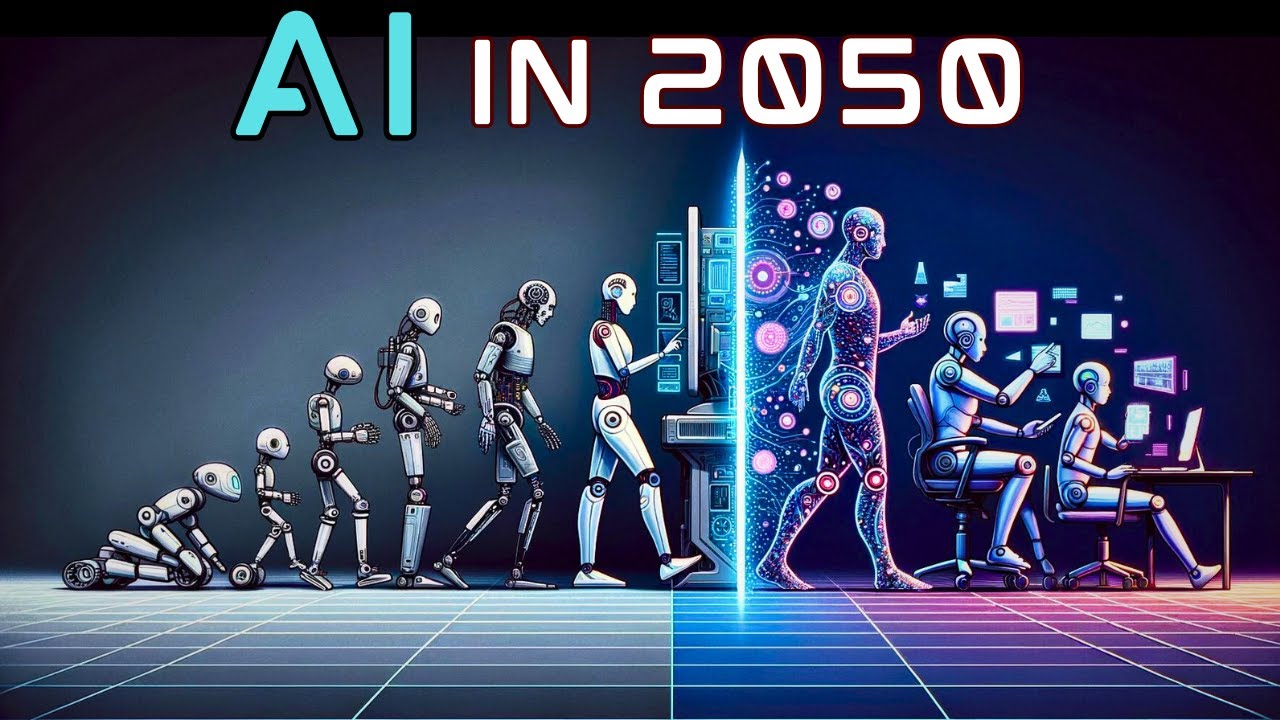Introduction
For decades, Google and Microsoft have been the pillars of the digital world. Google dominates search, ads, and AI, while Microsoft controls cloud, productivity, and enterprise solutions. But if history has taught us anything, it’s that no company rules forever.
In the 1990s, Yahoo, Netscape, and IBM were considered unstoppable. Today, they are shadows of their former selves. By 2040–2050, new players could disrupt the dominance of Google and Microsoft with AI-first platforms, decentralized ecosystems, and global competitors.
This article explores the future of big tech by 2050, analyzing who might replace (or transform) Google and Microsoft, and what trends will shape the next digital era.
For more insights on digital trends and AI transformation, check BlogsMag.
A Historical Look: How Tech Giants Rise and Fall
The Early Internet Giants
-
Yahoo once led search and email but failed to innovate.
-
Netscape Navigator was the dominant browser until Internet Explorer overtook it.
-
IBM shifted from being a personal computing powerhouse to enterprise services.
How Google and Microsoft Took Over
-
Google became the go-to search engine by providing relevance and speed.
-
Microsoft transformed from Windows dominance to Azure cloud and AI leadership.
This shows that innovation cycles decide winners — not size or money.
The Future Beyond Google and Microsoft
AI-First Companies as Challengers
By 2050, the next big tech leaders may emerge from today’s AI research labs and startups.
-
OpenAI: Already powering ChatGPT and collaborating with Microsoft. If it builds independent ecosystems, it could rival its partner.
-
Anthropic: Known for safety-first AI like Claude. Could lead the “ethical AI” movement.
-
Mistral AI & xAI (Elon Musk): European and U.S. challengers focusing on efficiency and autonomy.
These AI-first companies have the agility and vision to compete against the old guard.
The Rise of Asian Super Platforms
By 2050, Asia — particularly China and India — could lead global AI platforms.
-
Baidu, Tencent, Alibaba: Already leading in China’s AI, search, and cloud ecosystems.
-
India’s tech sector: With its vast digital population, could produce the next AI-first unicorns.
Global power might shift eastward, breaking U.S. dominance.
Decentralized Platforms and Web3
Another major disruption could come from Web3 and decentralized AI.
By 2050:
-
Users may own their AI assistants instead of relying on Google’s servers.
-
Search engines could be replaced with blockchain-powered knowledge networks.
-
Decentralized clouds might end Microsoft Azure’s centralized dominance.
This means the next “Google” could be a network, not a company.
AI and Brain-Computer Interfaces
The Future of Human-AI Integration
By 2050, platforms won’t just be on screens — they may live inside our brains.
-
Neuralink and BCI startups could make Google search obsolete by letting people “think a question” and get instant answers.
-
Productivity software like Microsoft Office could be replaced with mind-to-cloud collaboration systems.
This shift could redefine what a “tech platform” even means.
Teams and Ideas That Will Shape the Future
Research Labs and Universities
MIT, Stanford, and Tsinghua University are building foundational AI research that might birth the next tech revolution.
Startup Ecosystems
Silicon Valley, Bangalore, and Shenzhen will continue producing AI-first startups that may grow into giants by 2050.
Government-backed Projects
-
China’s state AI strategy could create mega-platforms.
-
European AI regulations may produce trustworthy alternatives.
-
U.S. defense AI labs could indirectly spawn commercial platforms.
The Competitors to Watch
Big Tech Rivals Emerging by 2050
Amazon
Already a global leader in cloud and e-commerce, Amazon could build a search + AI platform rivaling Google.
Apple
With its ecosystem lock-in (iOS, wearables, future AR/VR), Apple may evolve into an AI-first consumer company.
Tesla and SpaceX
Elon Musk’s companies might merge space, AI, and robotics into entirely new industries.
Latest AI News: 2025–2026 Seeds of Disruption
The seeds of 2050 are already visible in today’s headlines:
-
Google AI Mode is reshaping search.
-
Microsoft Copilot is redefining productivity.
-
OpenAI GPT-5 is advancing reasoning and multi-modality.
-
Anthropic Claude 3.5 is making safety-first AI mainstream.
These trends suggest AI ecosystems are the battlefield for future dominance.
Ethical and Social Questions
By 2050, whichever companies replace Google and Microsoft must also solve:
-
AI governance and preventing misuse.
-
Job displacement through automation.
-
Global inequality between AI-rich and AI-poor nations.
Without responsible leadership, even the strongest platforms could fall.
Conclusion: Who Really Replaces Google and Microsoft?
By 2050, we may not talk about “search engines” or “operating systems” at all. Instead, we’ll discuss:
-
AI-first platforms like OpenAI or Anthropic.
-
Asian super apps replacing Western dominance.
-
Decentralized Web3 networks empowering individuals.
-
Human-AI integrations redefining what it means to be digital.
Google and Microsoft may still exist — but their role will be transformed. The next tech giants will be the ones who adapt to AI-first, decentralized, and human-integrated futures.
For ongoing insights into future technology and AI trends, visit BlogsMag.
